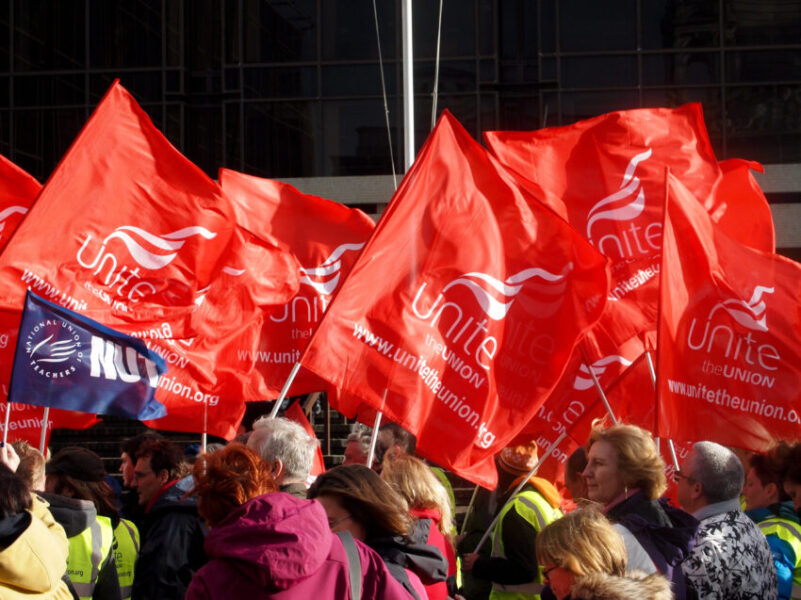Unite, the UK’s second-largest trade union, is set to challenge the new Labour government by calling for an emergency 1% wealth tax on the assets of the super-rich.
The proposal aims to fund substantial 10% pay increases for public sector workers and to fill over 100,000 vacant NHS positions. This demand, outlined in a motion for the Trades Union Congress (TUC) conference next month in Brighton, is expected to highlight growing tensions between Keir Starmer’s administration and the union movement.
As Chancellor Rachel Reeves prepares for her first budget on 30 October, Labour MPs and ministers are bracing for potential friction at the TUC conference. This event could signal the end of an unofficial truce that has existed between many unions and Labour, which has been instrumental in supporting Starmer’s successful general election campaign. However, with Labour’s leadership emphasising fiscal responsibility, pressure is mounting from within the party to address urgent social and economic needs.
Unite’s motion is particularly bold, suggesting that a 1% tax be levied on the assets of individuals with fortunes exceeding £4 million. The union estimates this would generate £25 billion annually, which could be used to bolster public services and prevent a return to austerity measures. Under the proposal, someone with £6 million in assets would be taxed on the £2 million above the threshold, with the tax applying to properties, shares, and bank accounts, though mortgaged properties would be exempt.
Sharon Graham, Unite’s general secretary, did not mince words in her critique of the current state of the UK economy: “Unite’s resolution to the TUC on the economy calls things by their real name. The British economy is broken. We need serious investment in our crippled public services and in industry to ensure a prosperous future for Britain’s workers and their communities.”
Unite’s stance is shared by other key unions. The RMT transport union has also called for a wealth tax to fund public investment, while Usdaw, the shop workers’ union, seeks the abolition of the two-child benefit cap. The PCS civil service union has added its voice to the debate, urging opposition to cuts in the winter fuel allowance and advocating for more stringent taxation of corporations and the wealthy.
These motions are expected to amplify the strain between Labour and its union backers, particularly after recent pay agreements between the government and striking workers across various sectors, including healthcare and transportation. As the TUC conference approaches, the pressure on Labour to balance fiscal prudence with the demands of its traditional supporters is set to intensify.


